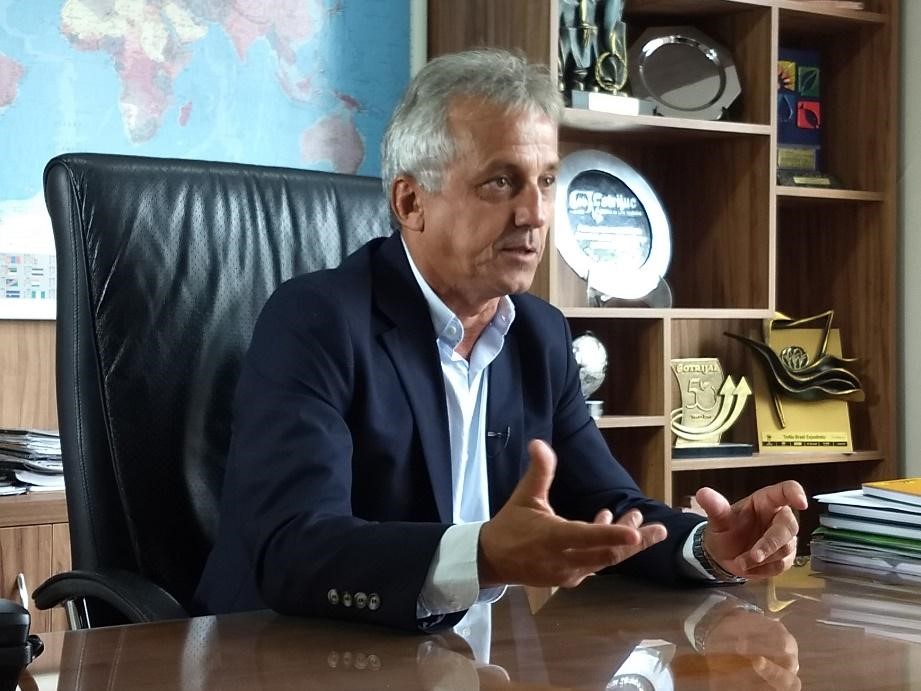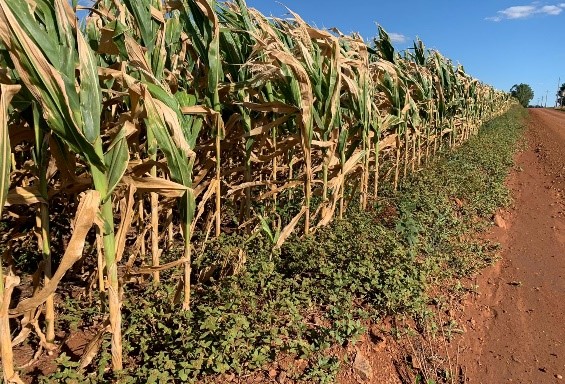“… most affected region is the center of the state, where there has been more than 70 days without rain …”
Paulo Cezar Vieira Pires, is the president of Federação das Cooperativas Agropecuárias do Estado do Rio Grande do Sul (FecoAgro), a group of 10 agricultural cooperatives from the State of Rio Grande do Sul, Brazil. Pires is also president of Cooperativa Tritícola Regional São-Luizense (Coopatrigo).

Paulo Pires, president of FecoAgro
AgriBrasilis – What are the damages caused by drought?
Paulo Pires – Until now, total losses were around $3.6 billion. Every day that goes by, the damages increase, and that can’t be recovered.
AgriBrasilis – Which locations were most affected and in what level?
Paulo Pires – There are drought spots spread across the state. Most affected region is the center of the state, where there has been more than 70 days without rain in Soledad or Espumoso, for example.
In some places, there was rainfall, but if high temperatures are persistent and those rains keep sparse we will have problems in the future. It is hard to specify regions, because the rains are inconsistent.
AgriBrasilis – Will losses be compensated by rural insurance?
Paulo Pires – Insurance mitigates risk. Farmers receive part of what they spent. That is the purpose.
Insurance is an input as important as fertilizers. Each insurance company has its way of working and that makes our scenario hard to analyze.
But insurance is essential and it needs to be a public policy. The ministry of agriculture, Tereza Cristina, greatly raises this issue.
AgriBrasilis – In addition to the drought, production costs are high. How will producers be affected?
Paulo Pires – Costs of production are high, but we can’t blame those in this season. Some farmers bought inputs late and at a high cost. But, speaking broadly, production costs are not a serious problem in this season yet. In the next season, we might have a serious issue.
AgriBrasilis – What are the ways to mitigate the effects of drought? Are there emergency credit plans by the government, for example?
Paulo Pires – We find it difficult to deal with these types of issues. The problem can’t be solved. We just minimize its effects.
It is a huge loss that will reflect in the economy at large. We try to compensate and overcome the losses, mainly to small farmers, in a way that they can continue their cultivation.
This is stipulated in the plans that we send to the Government, but today it is very difficult to say that they will have a solution for a drought like this, which will have more than U$3.6 billion in losses.

